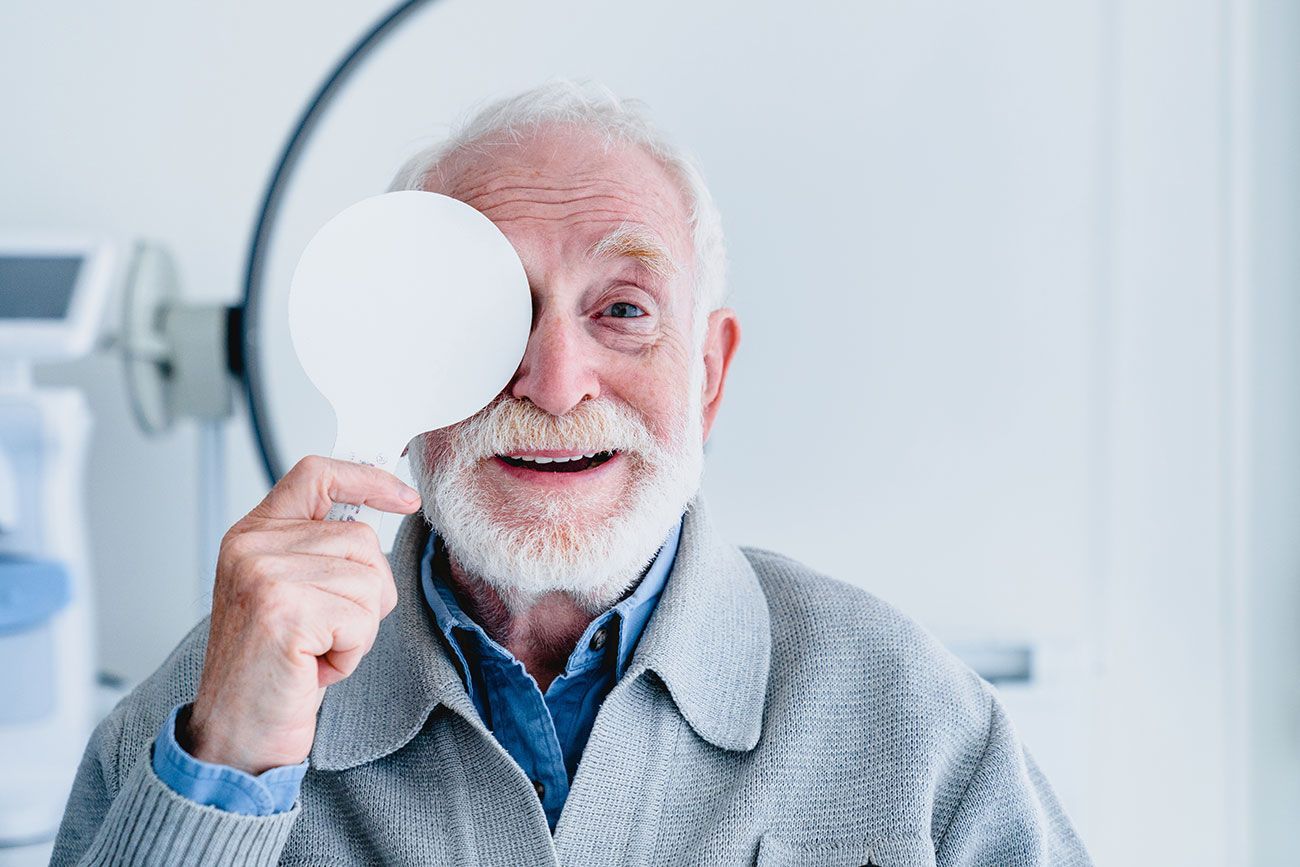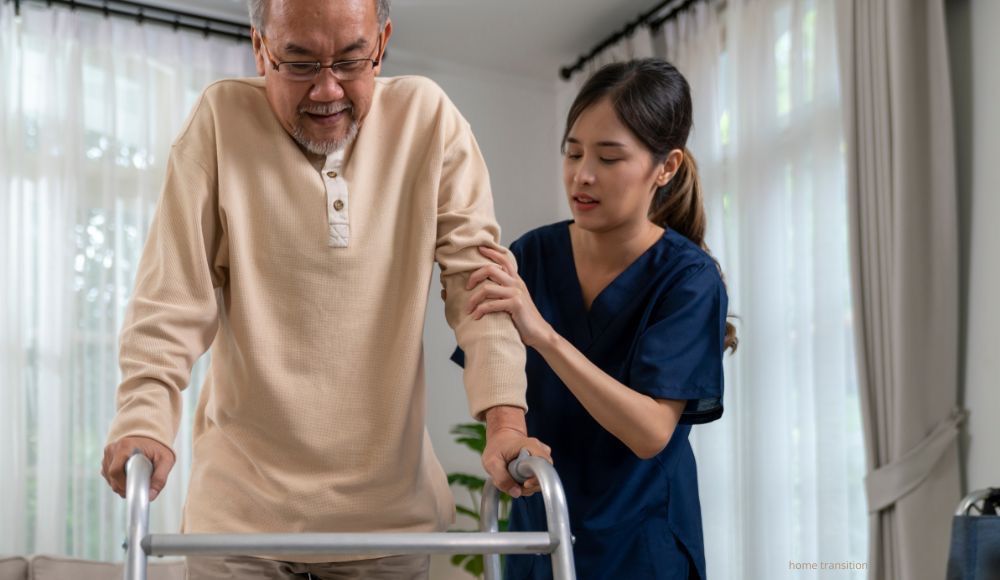Keep an Eye on It: Tips for Aging Eyes
As we age, our eyes naturally undergo changes and become more susceptible to various eye diseases. Here are a few common vision problems to keep an eye out for and some tips on preserving your 20-20 vision for as long as possible.
Common Age-Related Vision Problems
- Presbyopia - While you may not be familiar with the term presbyopia, this is a relatively common phenomenon where individuals gradually lose the ability to focus on things up close. This is why some older individuals struggle to read items like cell phone screens up close but can see them more easily when held further away. Bifocal glasses can be a helpful tool in regaining close-range vision.
- Dry or Watery Eyes - Depending on the person, eyes can often be too wet or too dry. Often this is nothing to worry about, as seasonal allergies or changes in weather conditions can be the root cause. However, these conditions can sometimes be symptoms of an underlying disease or problem that requires intervention from your eye doctor, so it's essential to reach out if you have any new or persistent symptoms that you’re concerned about.
- Cataracts - A cataract is a cloudy disc that forms over time in the part of your eye that focuses light. This eye disease is widespread - it affects over half of all individuals 80 years and older, but surgery can often correct it.
- Glaucoma - Glaucoma is caused by an increase in pressure in your eye. Your risk of glaucoma increases with age, but other factors include race, diabetes, and some medications. Despite being a serious eye disease that can result in permanent vision loss, there is often no discomfort associated with glaucoma, so it is critical to maintain regular visits to your eye doctor for screening.
Maintaining Eye Health for Seniors
Like any other element of our health, the best way to protect our vision is to be vigilant about regular checkups and hygiene.
Yearly visits to an ophthalmologist or optometrist are essential to ensure you have the correct prescription for any corrective lenses you may have, but they will also complete screenings for common eye diseases like the ones we mentioned above. Eye diseases often do not have any noticeable symptoms in their early stages but can be treated if diagnosed early enough.
You will also want to be sure you’re keeping up with regular trips to your general practitioner. Your family doctor will screen for hypertension, diabetes, and other diseases that can increase your risk for eye diseases.
As always, it’s best to contact a professional if you have any concerning symptoms, especially new or worsening symptoms. Signs that you may be experiencing an emergency include but are not limited to sudden changes in vision, including loss of sight or total blurriness, eye pain, double vision, and swelling of your eye or eyelid. If you have sudden onset of any of these symptoms, contact your doctor immediately - failure to do so could lead to devastating consequences that could impact your vision for the rest of your life.
More From Our Blog
✔︎ Locally owned and operated,
Dedicated to our local community.

Berks County Office
Comforting Home Care by Phoebe
1 Reading Dr
Wernersville, PA 19565
Phone: 610-625-5206
Lehigh Valley Office
Comforting Home Care by Phoebe
1925 W. Turner Street
Allentown, PA 18104
Phone: 610-625-5600
The region's premier home care provider in Berks, Bucks, Lehigh, and Northampton Counties, including Allentown, Bath, Bethlehem, Easton, Emmaus, Fleetwood, Fogelsville, Hamburg, Hellertown, Hereford, Kutztown, Laurys Station, Leesport, Macungie, Mertztown, Mohnton, Nazareth, New Tripoli, Northampton, Oley, Orefield, Quakertown, Reading, Richlandtown, Robesonia, Schnecksville, Shillington, Shoemakersville. Sinking Spring, Temple, Topton, Trexlertown, Wernersville, Whitehall, Womelsdorf, Wyomissing, & Zionsville,
© Copyright 2023 | All Rights Reserved | Comforting Home Care by Phoebe
Website by Power Marketing International











